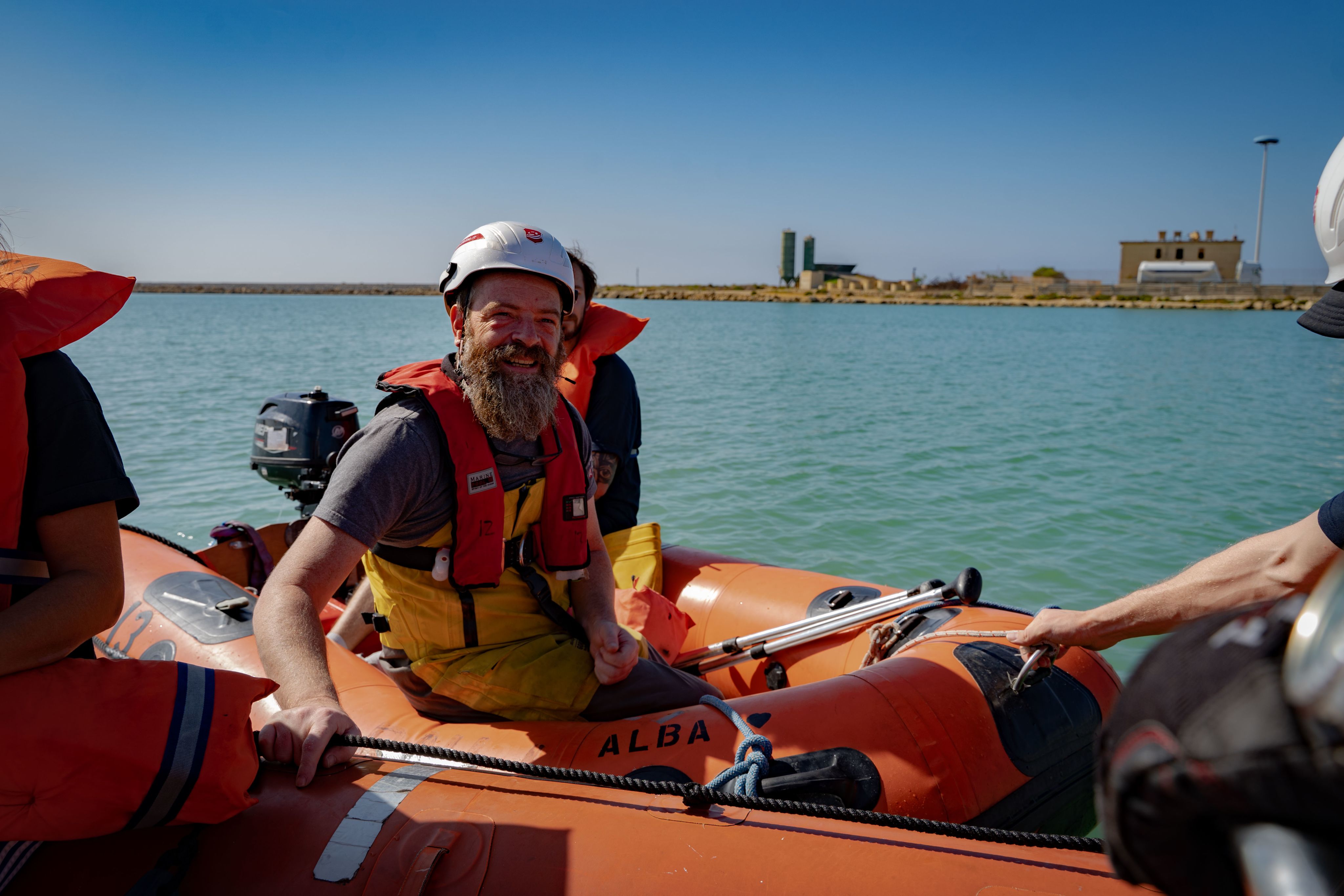The seafront through my eyes
By Robin Jenkins
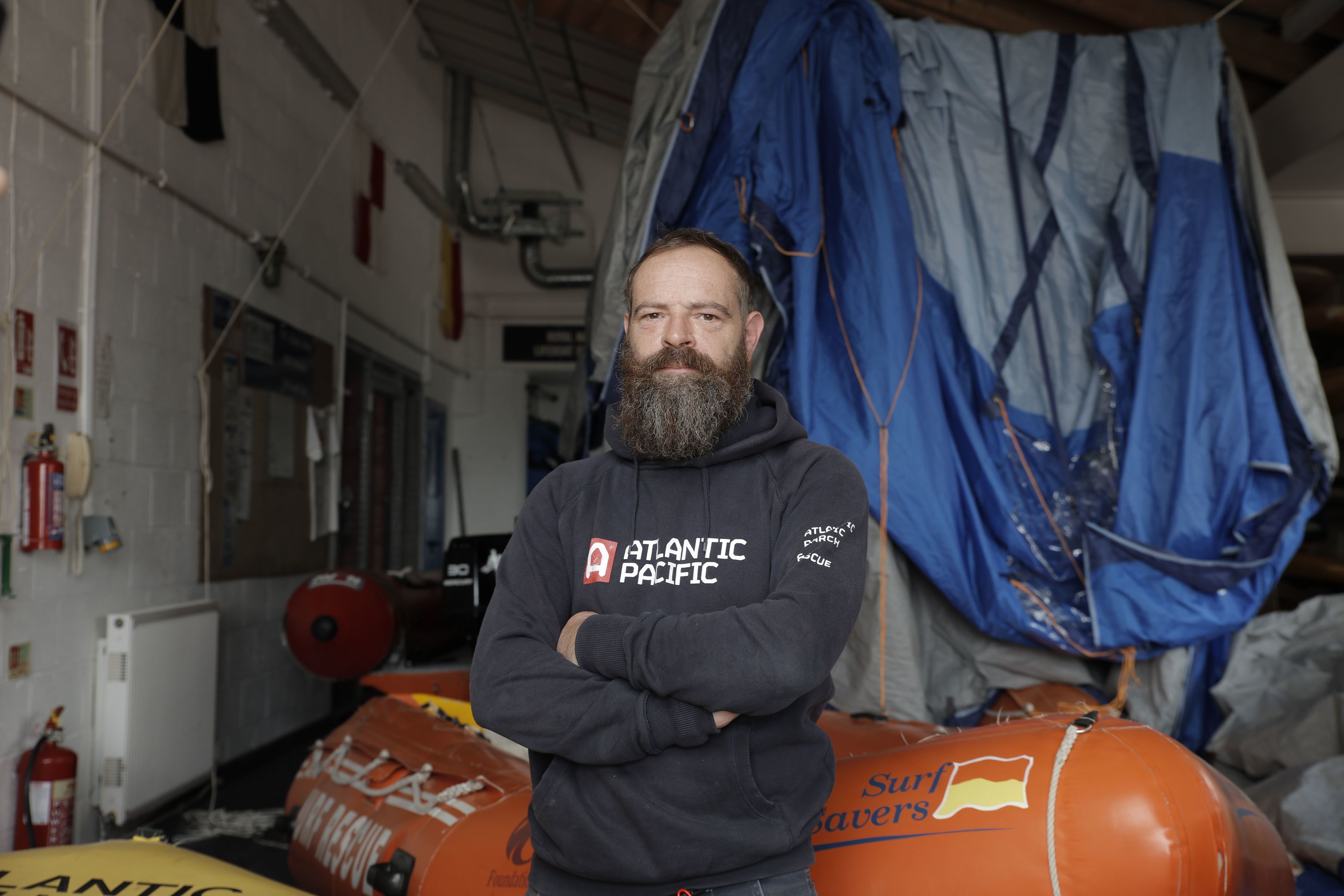
I was lucky growing up. My father, former UWC Atlantic Principal Colin Jenkins, was the happiest man I’ve ever come across. He was fortunate enough to find his place in the world, being part of UWC movement. There was incredible synergy with what he believed and what AC was about. So I grew up in a pretty unusual set up which makes you want to make a difference in the world.
I was born in Cardiff and my parents were already based at the college at the time. They joined the movement in 1972, my father as a biology teacher and my mother teaching Maths. My parents took on multiple roles during their time at the college; they were house parents, teachers and eventually my mother led Social Service and my father became Principal. As a young boy I absolutely idolised the students, I used to think that they were so cool and grown up and now I’m well and truly on the flip side of that and think, 'wow, they’re so young!'.
I’ve always known what a charmed life I had growing up here on campus. We lived in a Pool House for a lot of my formative years. I literally had eyes on the seafront. Everyday I’d be watching all the boats going out to sea from the lifeboat station and the coastguard students abseiling on the cliffs in awe.
My first year as a student was 1990, which was the same year that my father started his decade-long tenure as Principal. And as soon as I was old enough to be a lifeguard, I signed up. I’d spend my summers on Southerndown Beach with my little lifeguard hat on, thinking I was David Hasselhoff.
What I’m doing now would not have happened, if I hadn't grown up here, and had those experiences. Would I be doing something else to try and change the world? Who knows.
Chance encounter to Japan leads to life-changing decision
After graduating from UWC Atlantic and heading off to university, I forged a career as an architect, then eventually teaching architecture. It was during that time that I was invited on a trip to Japan and what I heard there, speaking to people affected by the 2011 tsunami, had a profound effect on me.
They told me of their experiences surviving the tsunami. After the wave retreated, survivors went to the water's edge. They could hear the screams of people, washed out to sea, trapped in the ice cold water, knowing there was nothing they could do.
My question to them was ‘where was your lifeboat?’ only to discover there was no lifeboat service in Japan and I knew that I wanted to change that.
That was where the seeds of Atlantic Pacific International Rescue were sown. We’re an NGO with a simple vision: to combat global drowning.
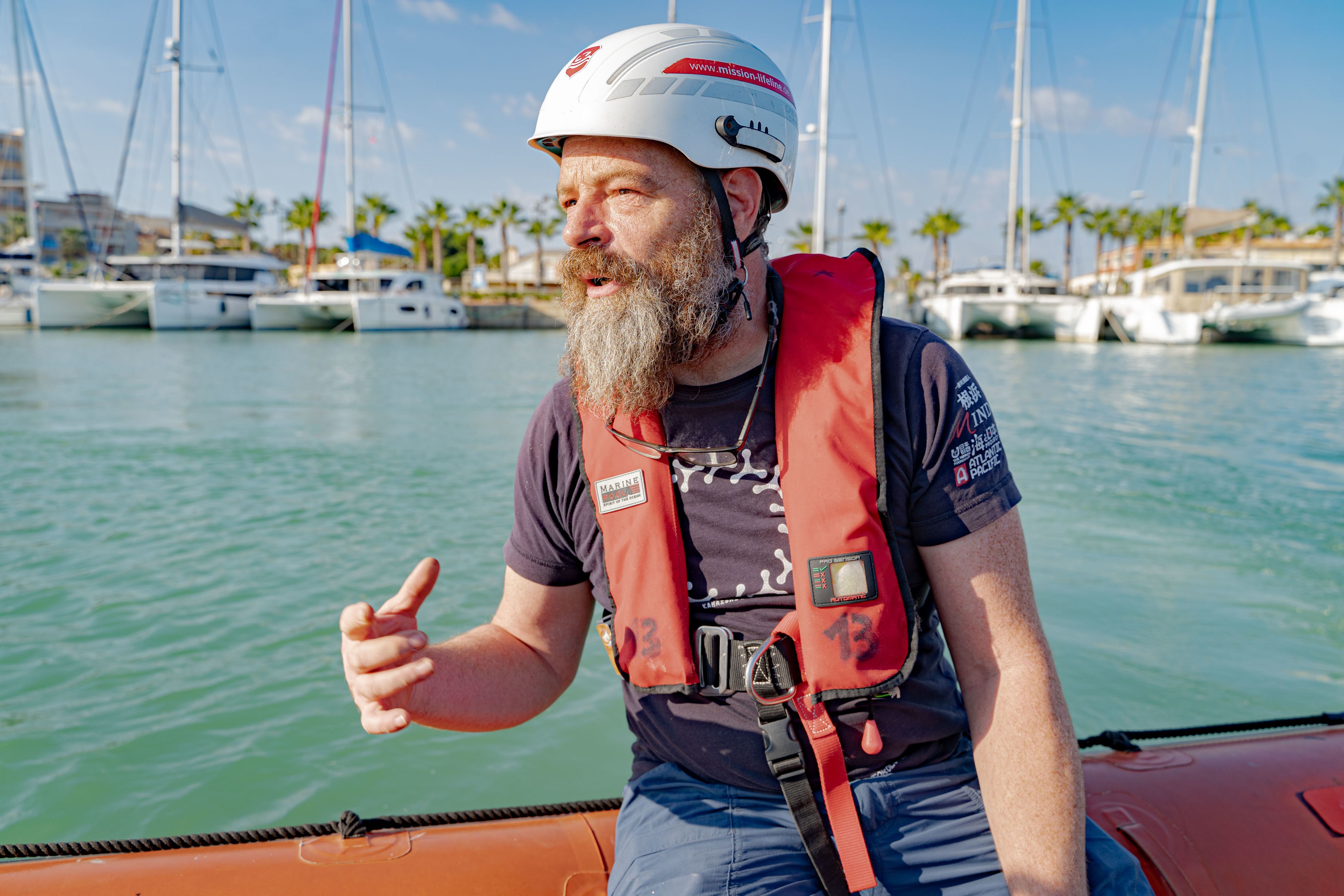
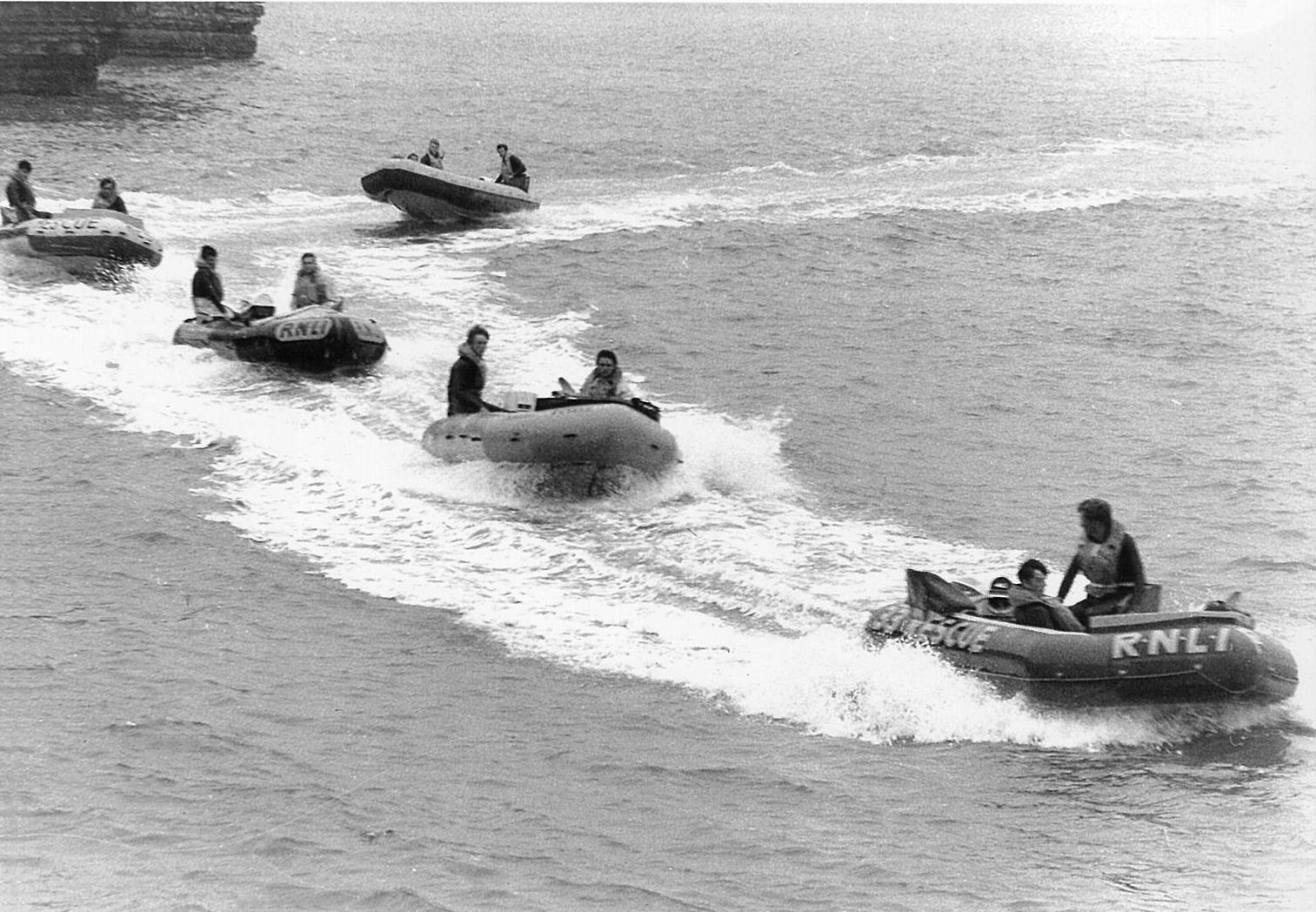
It was on the way home from Japan, I had the idea of getting UWC Atlantic involved, and I couldn’t think of a more perfect place to set about building a boat. I came down to the college and gave a Friday Night Lecture and sprung it on the students that I wanted to build a boat and take it to Japan. I asked them who wanted to help and, as expected, nearly every hand in the room went up.
So that’s what we did, we built a boat quite quickly, a reimagining of a boat already there. On my next trip out to Japan, I was asked where they were going to keep the boat and I hadn’t thought of that. So before I knew it, I agreed to make them a lifeboat station too. All good ideas seem to come to me on a plane, and on that flight home I had the idea of making a lifeboat station inside the shipping container in which I would be sending the boat to Japan.
I sketched the idea out on the back of one of those sick bags you used to get on a flight and that’s where Atlantic Pacific’s Lifeboat in a Box was born.
Fast forward to the current day and Atlantic Pacific’s links with UWC Atlantic has grown from strength to strength. We delivered that boat to Japan, we also raised money and donated a lifeboat to work with NGOs in Lesbos, all with the help of the students from UWC Atlantic.
Copyright Laura Lewis
Copyright Laura Lewis
Copyright Laura Lewis
Copyright Laura Lewis
New pathway builds new link with sea rescue at college
It’s a really exciting time at the college when it comes to the seafront. There’s a real appetite to return to our innovative boat building roots, and we're delighted to be a key part of the new Systems Transformation Pathway curriculum. We have two sides to what we want to achieve, one is humanitarian, to teach the students lifesaving skills and the other is innovation, building new types of lifeboats for the future.
The legacy of boat building at AC had dimmed in recent years but we’re aiming to reboot that. We’ve got naval architects involved, we’re learning again, and we want the students to learn the process at the same time.
We invented the RIB here and we want to tap into that pioneering spirit and be responsible for the next evolution of that. But we also want to place these boats in locations around the world where there are minimum resources and at the same time we want to do something about the condition of our oceans. And with Naheed at the helm of the college, the appetite for this project is huge.
We’ve got a shipping container we’ve converted into a plastic recycling workshop. We’re really early days but eventually we’d like to make a lifeboat out of the plastic pollution pulled from the sea. Making a boat out of recycled plastics is blue sky thinking - the target. Along that journey we want the students to start thinking about making some life saving devices from recycled plastics. Perhaps make a mould which can be sent to a third world country or a floatation aide which could be made out of recycled plastics.
I want to challenge the students to blow us away with a solution to tackle the problem of global drowning. Maybe they can come up with an idea to remove micro plastics. nothing is off the table when it comes to innovation but our target is eventually a boat.
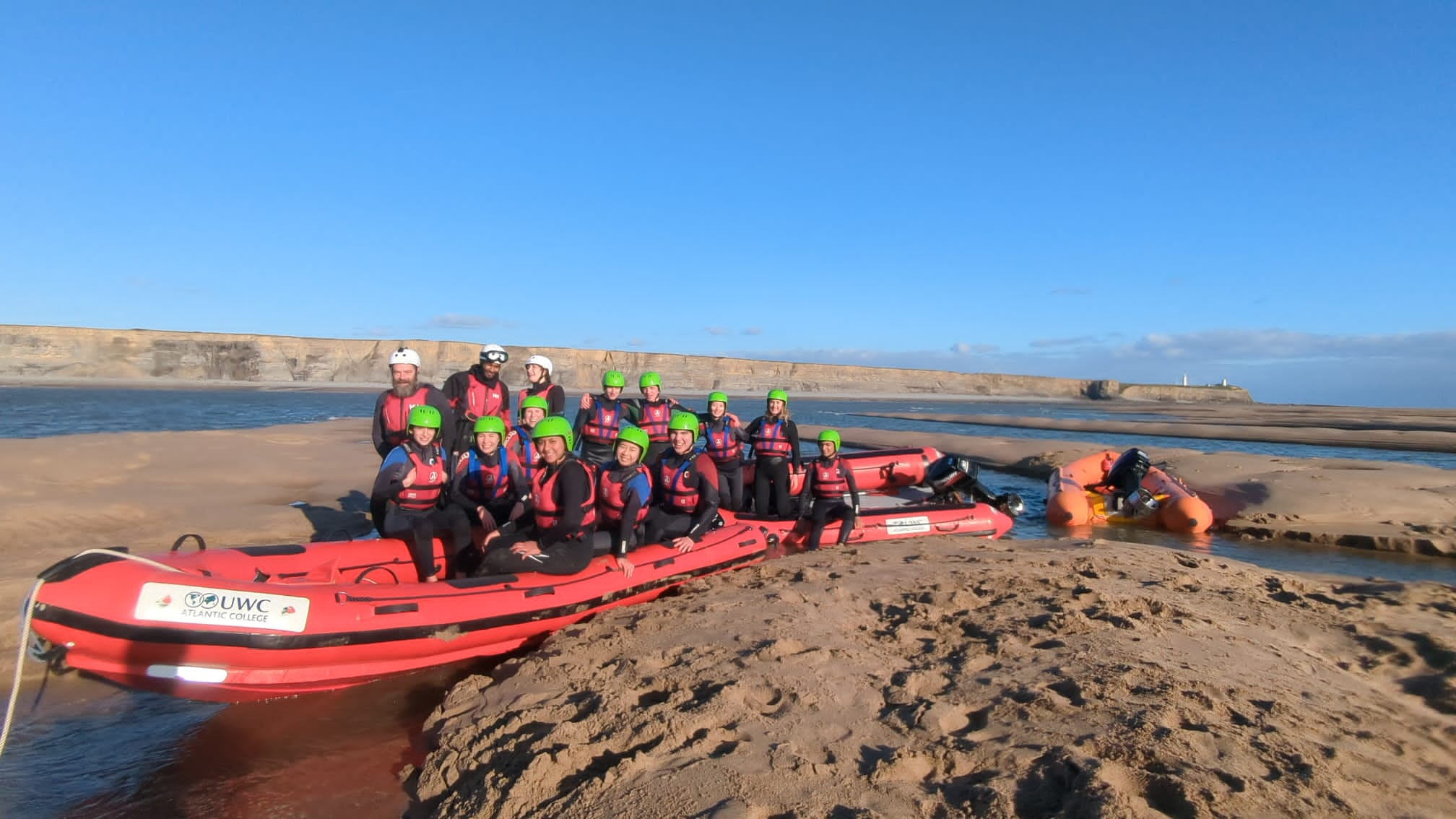
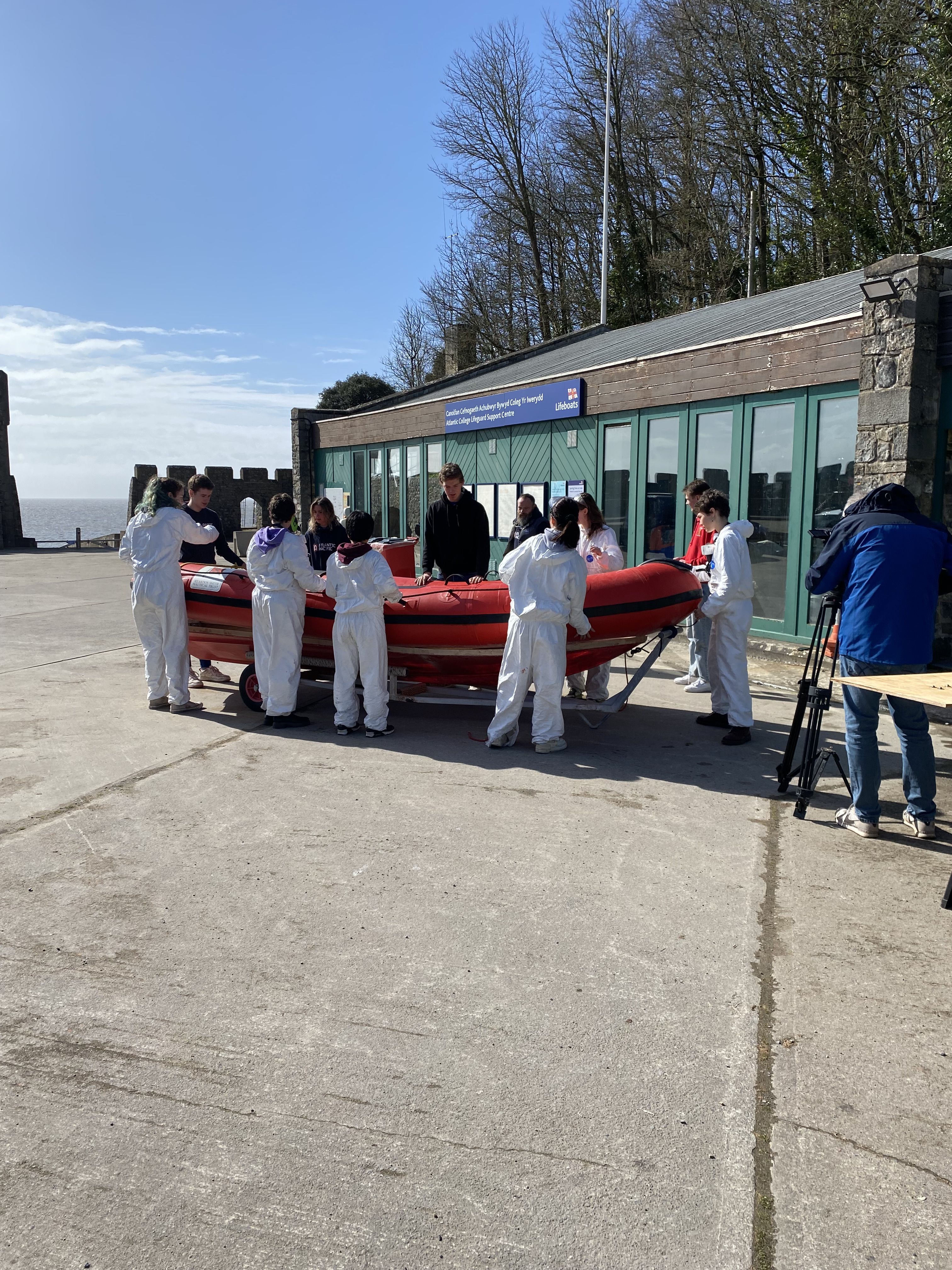
This is the most exciting project to happen to the seafront in a long time, we could make a significant impact.
From my life growing up around the UWC mission, my attitude has always been, if you think you can’t do it then you’re wrong. If I can pass that on to the next generation, I’ll be happy.
